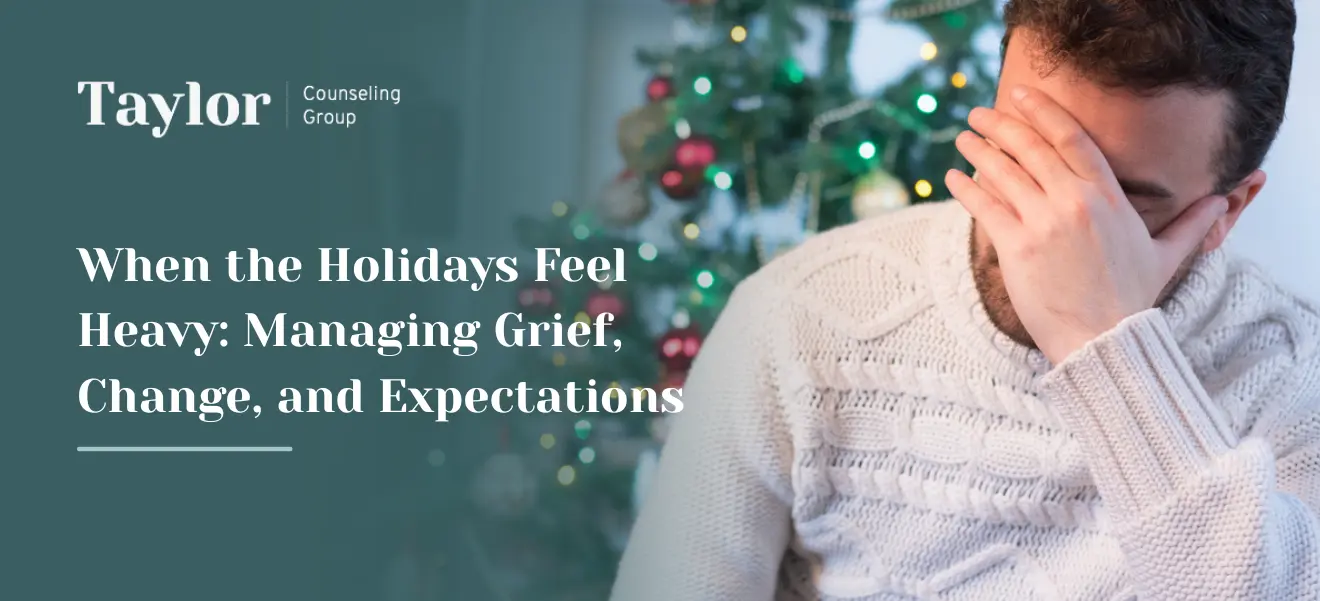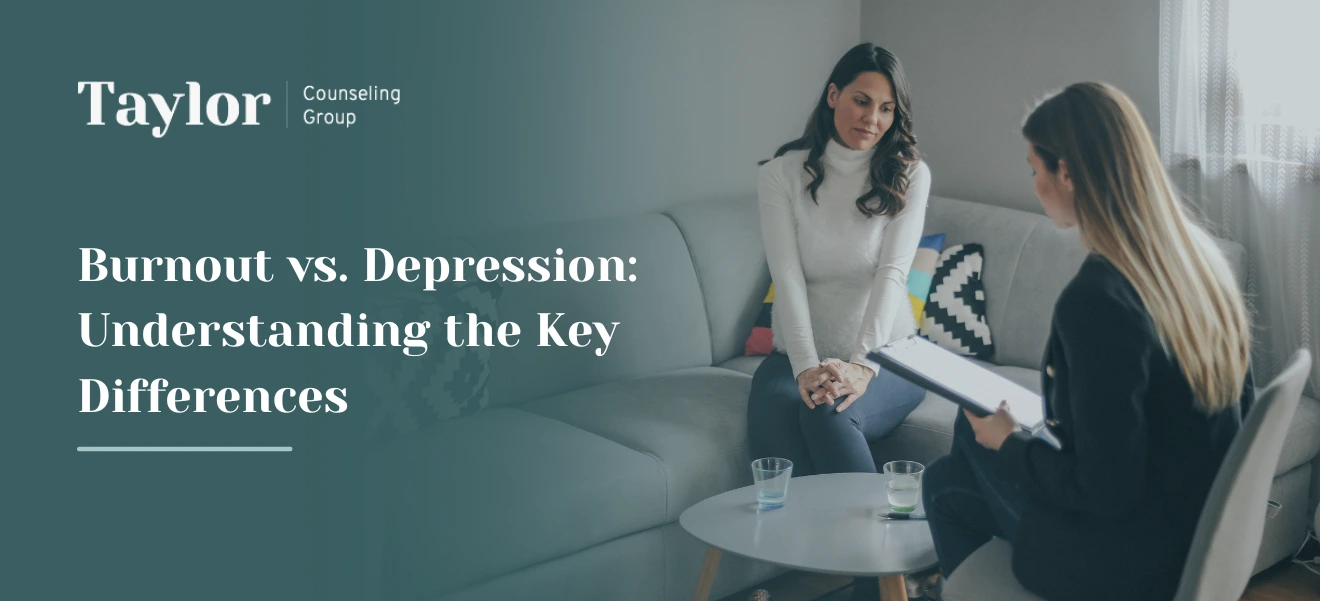Watching those you love go through difficult times is heartbreaking — especially when you know that if they just got help, they could ease their suffering. Millions of people struggle with low moods, anxiety and depression, yet so few seek out professional counseling. If you see your loved one struggling on their own, it may be time to encourage them to see a therapist — but how?
With a little forethought and care, you can better understand how to tell someone they need help. In this post, we will discuss some tips for how to tell your loved one to seek counseling.
Be Sure of What You Are Suggesting
Before you recommend that your loved one see a counselor, you need to understand what you’re suggesting. If you don’t know the benefits of therapy, how do you know it will help your friend?
Counseling provides a safe and supportive environment where your loved one can share about what’s troubling them. Feeling listened to and respected may help your loved one develop a sense of understanding about their experiences. The ultimate goal is for them to find hope, healing, and effective coping mechanisms to improve their overall quality of life.
Remove Yourself From the Equation
Before you broach the topic of therapy, separate the suggestion from your own wants and desires. If you’re not getting along with your loved one or they’re changing in ways you don’t like, they may not need counseling. Once you remove yourself from the equation, objectively look at the situation. If you still believe therapy is a good idea, then you can proceed.
Pick a Good Time and Place
Talking to your loved one about therapy is a very sensitive topic. So, be sensible about where and how you broach this topic. Here are a few suggestions to guide you:
- Find a time and place where your loved one is relaxed and not distracted
- Don’t speak about this in front of others
- Don’t corner them when they are tired, stressed or in the middle of doing something else
Use “I” Statements
Try to avoid focusing on your loved one’s “problem.” That’s a surefire way to have them close down completely as focusing on these areas of concern may come across as a put-down. Instead, use “I” statements to show them that you’re concerned and genuinely care about their situation. This could include statements such as:
- “I’m worried about you.”
- “I feel sad when I see you think and behave this way.”
- “I want to see you healthy and happy.”
Be Prepared for Their Defensiveness
Even if the conversation goes as planned, your loved one may still feel angry or defensive. The idea of seeking therapy comes with a variety of misguided stigmas. Your loved one may take it personally or get upset. Be ready with responses that show your positive take on counseling.
Contact Taylor Counseling Group to Learn More
Seeking help is courageous, not weak. If you or someone you love lives in Houston, San Antonio or the DFW area and could benefit from counseling, the team at Taylor Counseling Group is here for you. Our therapists come from a variety of backgrounds and specialties to ensure you find the right fit. Schedule your appointment online so you can find renewed hope and healing.






